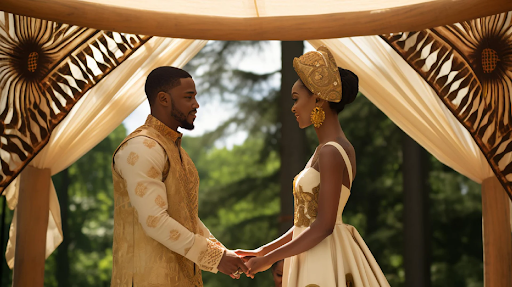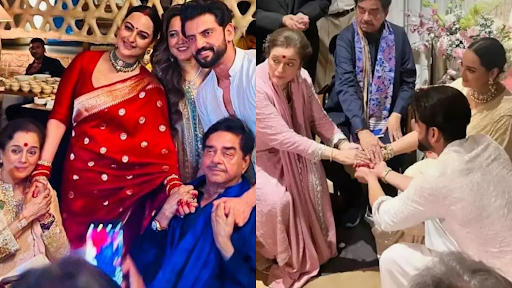Introduction
“In today’s increasingly globalized world, marriages often involve couples from diverse cultural backgrounds. While these differences can bring rich rewards. It also presents unique challenges for couples seeking to build a strong and harmonious relationship.
As cultures differ in their values, customs, and communication styles. Overcoming these differences requires more than just tolerance – it demands cultural adaptability. In fact, the ability to adapt to each other’s cultural variations can be a key factor in a successful and fulfilling marriage.
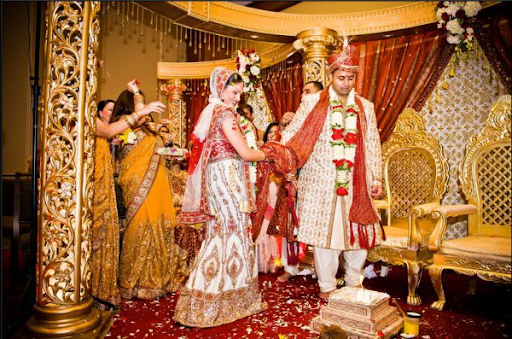
When couples start understanding and appreciating each other’s cultural backgrounds. They are able to build a stronger bond. It also overcomes misunderstandings, and creates a more inclusive and loving home environment.
Marriage is often seen as the union of two individuals.In reality, it can also be the merging of two different cultural backgrounds. Cultural adaptability in marriages is not just beneficial. It is also essential for building strong, Flexible relationships.
In this blog, we explore why cultural adaptability matters and how it can enrich marital experiences.
Embracing Diversity
Cultural adaptability in marriages begins with an openness to embrace diversity. Each partner brings their own cultural heritage, beliefs, traditions, and values into the relationship. Holding these differences raises an environment of respect, understanding, and appreciation for each other’s backgrounds.
Strengthening Communication
Effective communication is the cornerstone of any successful marriage. It is especially when handling cultural differences. When couples adopt each other’s cultures. They can openly and respectfully communicate. They can share thoughts about customs, preferences and expectations. This helps bridge gaps in understanding and promotes harmony in the relationship.
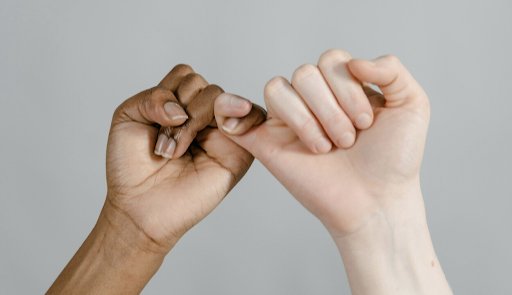
Respecting Traditions
Cultural adaptability is not just about tolerating or accepting each other’s differences. It is about actively seeking to understand, respect, and appreciate the richness that each partner brings to the relationship. When couples are willing to learn about and participate in each other’s cultural traditions. It can bring them closer together and create a deeper sense of unity. By embracing each other’s customs, couples makes :
- Strengthen their bond through shared experiences and memories
- Foster a sense of belonging and connection to each other’s families and communities
- Create a unique cultural identity for their own family unit
- Pass down cultural heritage to future generations
Navigating Family Dynamics
Marriage often involves integrating into each other’s families. which can come with its own set of cultural expectations and dynamics. Cultural adaptability enables couples to tackle these complexities with sensitivity and grace. It is also fostering positive relationships with extended family members.
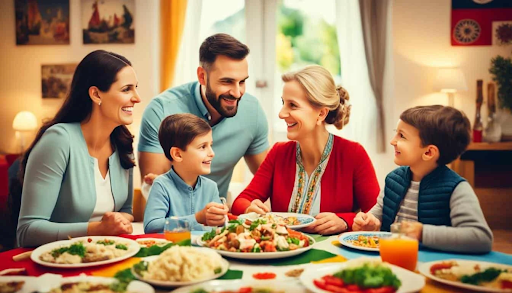
Building a Unified Identity
As couples from different cultural backgrounds come together to build a life. They often face the challenge of creating a sense of unity and shared identity. Culturally adaptive couples recognize that their individual identities are not mutually exclusive. It is rather a complementary piece of a larger whole.
They strive to build a unified identity as a family. Which honors their unique cultural backgrounds. While also creating something new and distinct.
This process of blending cultural traditions and practices is not just about finding common ground. It is really about intentionally crafting a shared identity. That reflects the values and principles. These are most important to both partners. By doing so, they create a sense of belonging and deeper connection. That is more meaningful than any single cultural identity.
Culturally adaptive couples often find creative ways to merge their cultural traditions, creating new rituals and celebrations that reflect their blended heritage.
Resolving Conflicts
Conflicts are inevitable in any relationship. Cultural differences can sometimes amplify misunderstandings. Culturally adaptive couples approach conflicts with patience, empathy. They do it with a willingness to understand each other’s perspectives. They seek compromises that respect both partners’ cultural values. While finding solutions that benefit the relationship as a whole.
Embracing Global Citizenship
In an interconnected world, cultural adaptability in marriages promotes global citizenship. It holds openness to diverse perspectives, values, and ways of life beyond one’s own cultural upbringing. This broader worldview enriches personal growth. It also enhances the couple’s ability to overcome cross-cultural interactions beyond their immediate relationship.
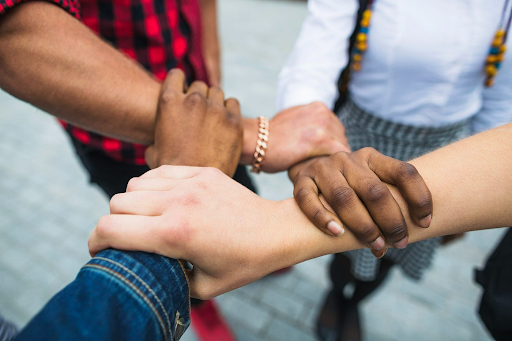
Nurturing Children's Cultural Awareness
For couples raising children. Cultural adaptability sets a powerful example of embracing diversity. Children raised in culturally adaptive households learn to appreciate their multicultural heritage. It develops empathy towards others, and handles diverse social environments confidently.
Conclusion
Cultural adaptability is not about erasing one’s cultural identity but about embracing diversity and enriching marital relationships through mutual understanding and respect. It requires ongoing effort, communication, and a willingness to learn from each other’s cultural backgrounds.
By encouraging cultural adaptability. Couples can create marriages that are not only flexible but also celebrate the richness of human diversity in all its forms. Welcoming these principles ensures that love blessed cultural boundaries. It also covers the way for stronger, more inclusive relationships in a multicultural world.
